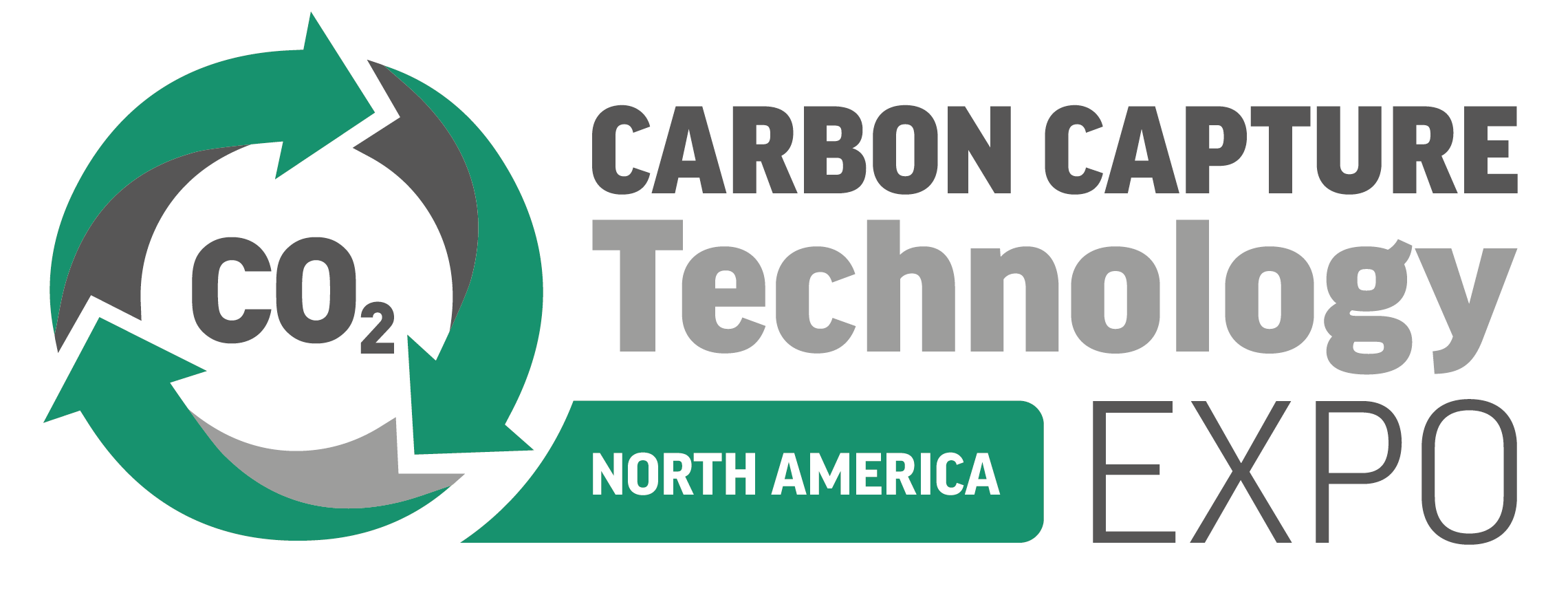Researchers at Surrey University discover the potential AI could have for powering carbon capture plants
)
Whilst some projects focus on capturing carbon through direct air capture, or aim to capture it from the atmosphere, after its been emitted, one method is capturing carbon through bubbling flue gas through water containing limestone. It is from this method that researchers at Surrey University have based their unique hypothesis, for an experiment which involves AI in the carbon capture process.
During the process in which flue gas can be bubbled through water containing limestone, the carbon dioxide reacts with the calcium carbonate in the limestone and this reaction produces bicarbonate, a harmless substance. This process is known as ‘enhanced weathering.’
Although this technique is innovative and potentially effective, its energy consumption is less than efficient. Currently the process requires energy to pump water and Co2, furthermore, despite the plant having a wind turbine available for generating energy, during calmer weather, in the past, the plant has taken energy from the Grid.
This issue is what inspired the scientists at Surrey University to experiment with the use of AI within carbon capture projects. Through using AI, the scientists found they were able to teach a model system to predict what would happen, within the carbon capture system, so that it could react accordingly. This would mean that less water would be pumped when there was less Co2 to capture, or in the instance that less renewable energy was available. This ability led the team to the discovery that they could use AI to adjust a system bases on a real coal-fired power station. This capability allowed them to demonstrate that through the use of AI, the model could capture 16.7% more Co2 while using 36.3% less energy from the National Grid.
Now that this research, hypothesis and experiment has proved successful, the researchers hope that their discovery can and will be used throughout the industry and more widely. They are also hopeful that their findings will contribute to the UN’s Sustainability Goals.
Lecturer in Digital Chemical Engineering / Fellow of Institute for Sustainability / Fellow of Institute for People-Centred A, Dr Lei Xing, commented, "Although we tested our model on enhanced weathering, the principles apply more widely. Our model could help anybody trying to capture and store more CO2 with less energy – whatever the process they’re using.”



)
)
)
)
)
)
)



)
)
)
)
)
)
)
)
)
)
)
)
)
)
)
)
)
)
)
)
)
)

)

)
)
)

)
)
)
)
)
)
)
)
)
)
)

)

)
)
)
)
)
)
)
)
)
)


)
)
)

)
)
)

)
)
)
)
)

